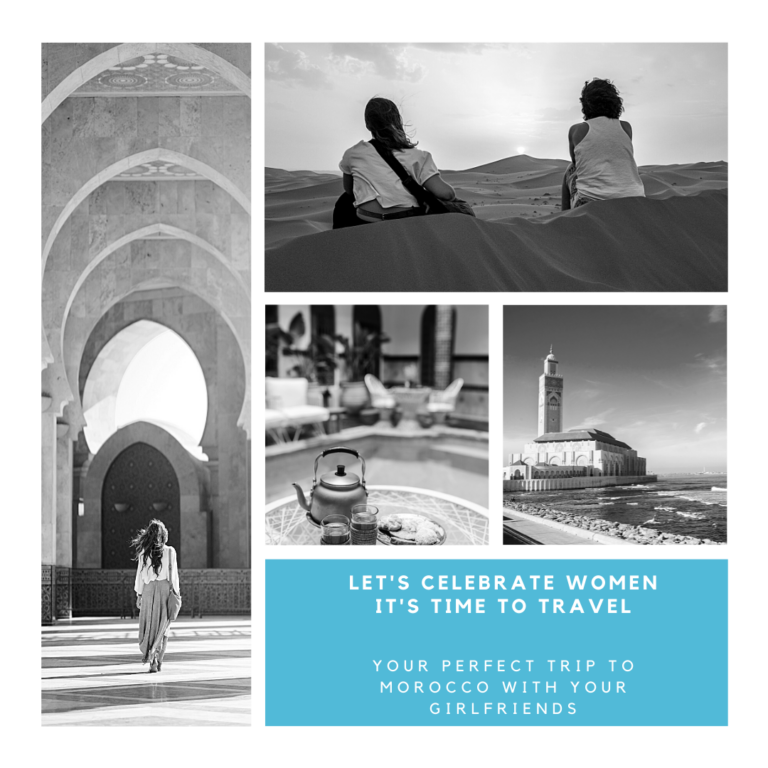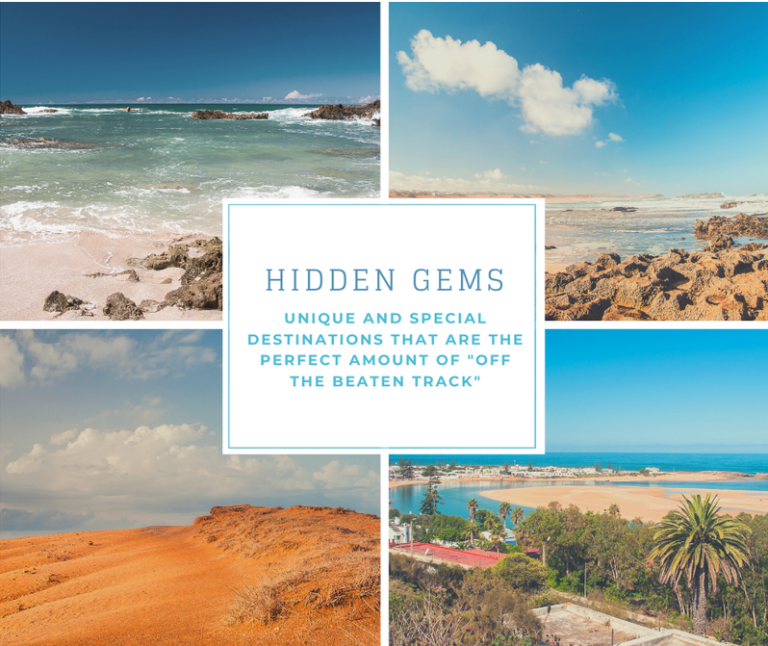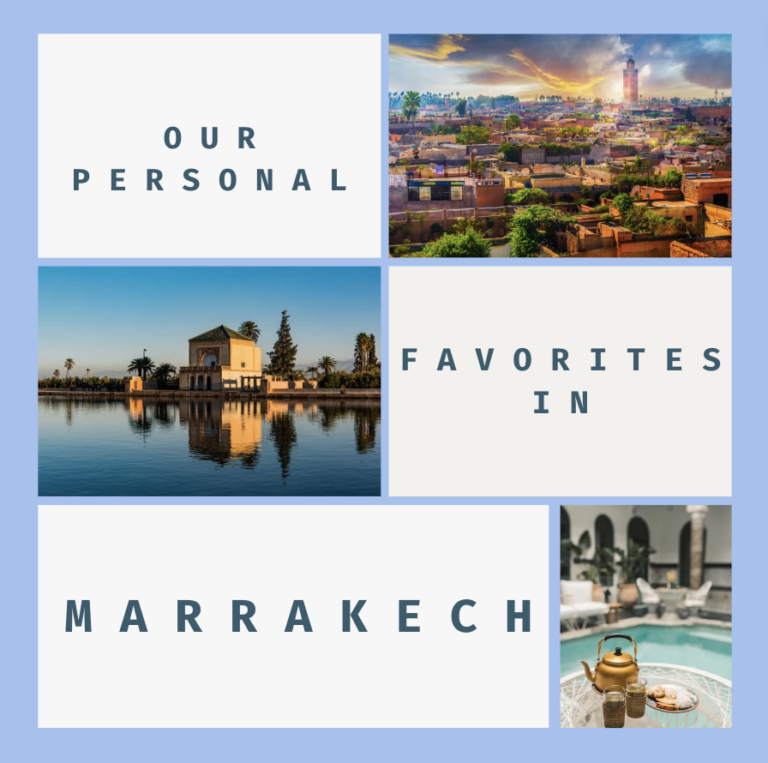Morocco: One of the Mediterranean’s Most Underrated Destinations
Morocco is a fascinating, complex country. Within it, high mountains, vast deserts, and golden beaches hold ancient cities, lush oases, and streaming rivers. From Casablanca to Marrakech, Tangier to Fez, the cities and cultures of Morocco continue to beguile the imagination. And yet, Morocco isn’t often seen as a Mediterranean country; the mind imagines camels and beduins and souks and riads, and it’s easy to forget the 1,100 miles of coastline, wrapping from the Atlantic to the Mediterranean, and the significant European influence on the cuisine and culture of the country.
Morocco has been drawing increasing interest from visitors, though, with high rankings on popular travel websites, and more people are making it part of their holiday plans. Let’s look at a few reasons why Morocco is an incredible place to see:
Beaches
The spectacular coastline of Morocco offers a huge variety of beaches and ocean experiences, from sheltered bays and lagoons for quiet swimming and sunbathing, to wilder seas great for aquatic adventures. The coast is dotted with quiet fishing villages, stunning resort towns, and unforgettable ancient cities and monuments. Some towns have beaches perfect for surfing, others for windsurfing, others have calm waters friendly for the whole family. During the summer, the beaches offer a cool and balmy respite from the heat of the dry inland areas, and during the winter, the southern beaches remain warm and sunny despite the rainy season further north.
While Morocco isn’t usually thought of as a sunbathing, boating, or watersport destination, it offers everything a beach-lover may want, and more.
Cities
The imperial cities of Fez, Meknes, Marrakesh, and Rabat are so known because they all were, at one point, the nation’s capital. Each of them has a unique history that has influenced the art, culture, and architecture of the city, while each also has busting medinas, thriving souks, incredible monuments, and a wealth of entertainment. The medinas of Morocco have narrow, winding, bustling streets, designed to confuse and disorient outsiders, a job they still perform admirably to this day. The markets are piled with colorful local goods and crafts, with shopkeepers eager to make a deal. And the riads offer a sudden transition to a quiet, peaceful oasis in the middle of it all, often with quietly trickling fountains.
Deserts
Even outside of the Sahara desert itself, Morocco offers stunning red or gold sand dunes carved by the wind, crisscrossed by nomadic tribes who still ride camels and camp in tents at the ancient oases. The sands of Morocco are so incredible that they have played a role in nearly every film that features the desert, from Lawrence of Arabia to Prince of Persia. Let these incredible landscapes carry you to another time.
History
Morocco has been touched by every empire in Western history, from the Phoenicians and Romans to the Ottomans, Spaniards, and even the French, and all have made their mark on the landscape. And yet it also remains the home and habitat of tribes who have outlasted every foreign influence, and who have shaped the culture and landscape in ways unlike anywhere else. Visiting Morocco offers unique glimpses into ways of life that have endured for millennia, co-habitating with modern technologies in utterly unexpected ways.
Food
Like everything else about the country, Moroccan cuisine combines ingredients from throughout the Mediterranean and North Africa into a cuisine that is utterly unique and unforgettable. The spice markets of Morocco are the stuff of legend, and they add complexity and nuance to local fish, meats, fruits, and vegetables for flavors unlike anywhere else.
Nature
Lest you think that Morocco is all sandy beaches and sandy deserts, it also boasts incredible mountains, nature preserves, river valleys, lush oases, and thriving gardens. With an environment that ranges from the coast to the Atlas mountains, the Mediterranean to the Sahara, Morocco has a stunning array of landscapes and natural wonders.
It’s no surprise that Morocco has been captivating visitors for centuries, and it’s now more accessible than ever.




